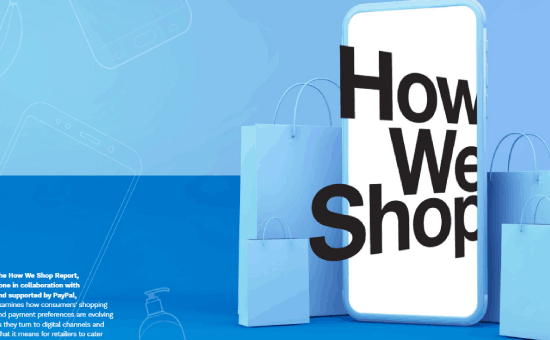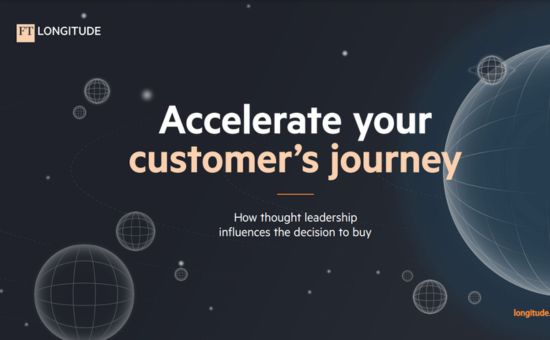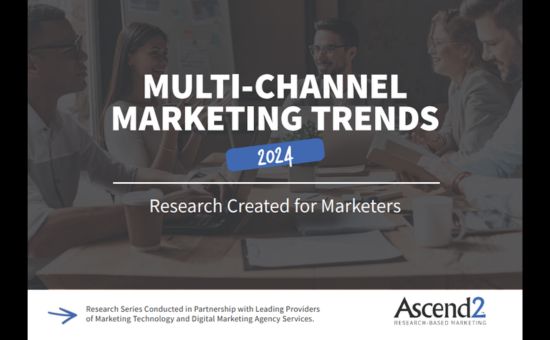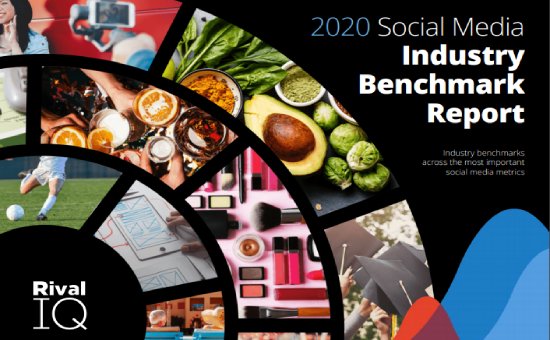The New Marketing Mission: How sustainability is redefining the marketer’s role | longitude
Digital Marketing |
CHANGING CONDITIONS: MARKETERS HAVE A NEW STORY TO TELL
B2B marketing used to follow a straightforward approach centered around the four Ps: product, price, place, and promotion. The main goal was to capture buyers’ attention, guide them through the purchasing journey, and turn them into advocates. Marketers generally understood their responsibilities. However, as marketing evolved, it became more complex. One of the key drivers of this transformation has been the rise of sustainability, which has reshaped marketing’s role.
Sustainability is no longer just a buzzword—it’s a competitive advantage and a business necessity, driven by demands from governments, consumers, investors, and regulators. It has now merged with business strategy, becoming integral to how companies position themselves, as future products and services must incorporate sustainability at their core. However, sustainability is not just an opportunity—it also presents risks. Companies are increasingly vulnerable to scrutiny from stakeholders such as investors, regulators, and customers if they fail to meet sustainability expectations.
WHAT DOES THIS MEAN FOR MARKETING?
The rise of sustainability has expanded the marketer’s role beyond simply focusing on the customer. Marketers must now consider a wider range of stakeholders, including suppliers, investors, NGOs, and employees. Marketing is no longer just about promoting a product or service; it now involves balancing profitability with the impact on people and the planet.
Additionally, the boundaries of marketing’s role in sustainability have blurred. New roles, like Chief Sustainability Officer, have emerged, often reporting directly to the CEO. Responsibility for sustainability messaging is shared across multiple departments and is not owned solely by marketing.
MARKETING SUCCESS HAS EVOLVED BEYOND SALES
Metrics for marketing success have shifted as well. It’s no longer just about driving more sales—sometimes that conflicts with sustainability goals, such as encouraging recycling over increased consumption. Missteps in sustainability messaging can result in serious consequences, including accusations of greenwashing and financial or reputational damage.
Many marketers are grappling with these changes:
- Only 10% of marketers feel they are “well advanced” in their sustainability journey.
- 29% believe their company is on the right track.
- 26% of companies include sustainability as a KPI in their marketing dashboards, while 21% don’t measure sustainability efforts at all.
This report delves into the evolving role of marketers, drawing insights from B2B and B2C professionals. It explores how marketers can make sustainability and purpose a core aspect of their responsibilities and the key questions they need to address within their teams and organizations.
Discover how sustainability is transforming marketing. Continue reading to explore new strategies and download the full report for actionable insights.
The Table of Contents of “The New Marketing Mission: How sustainability is redefining the marketer’s role” Report:
- CHANGING CONDITIONS: MARKETERS HAVE A NEW STORY TO TELL
- B2B MARKETING IS CHANGING AS SUSTAINABILITY BECOMES PART OF THE ROLE
- KEEP PACE WITH THE CUSTOMER
- MAKE A STAND AGAINST GREENWASHING
- EXPLORE THE WORLD OF METRICS
- STRIVE FOR AUTHENTICITY
- SET YOUR SIGHTS ON INTERNAL COMMS
- SHARPEN YOUR OUTLOOK: BE BOLD, BE DISTINCTIVE WHAT IT ALL MEANS FOR MARKETERS
- ABOUT THE RESEARCH
Number of Pages:
- 22 pages
Pricing:
- Free
Methodology
The insights in this report come from 20 in-depth qualitative interviews conducted by FT Longitude in November and December 2021. We chose participants for their expertise in marketing and communications and corporate sustainability.
- Fabrice Beaulieu, chief marketing, sustainability and corporate affairs officer, Reckitt
- Dr. Arlo Brady, CEO, Freuds
- Gemma Butler, former marketing director, at the Chartered Institute of Marketing
- Tracy Dickerson, head of external communications, Zurich Insurance
- Robert G Eccles, visiting professor of management practice, Saïd Business School
- John Elkington, founder and chief pollinator, Volans
- Filip Engel, vice president, sustainability, public affairs and branding, Ørsted
- Peter Field, independent marketing and advertising professional
- Nina Hajikhanian, eCommerce director, Patagonia
- Professor Ioannis Ioannou, associate professor of strategy and entrepreneurship, London Business School
- Will Kirkpatrick, head of sustainability and social impact, Virgin Media O2
- Julia Salant, head of sustainability innovation, EcoVadis
- Karen Ngui, managing director and head of group strategic marketing and communications, DBS
- Carolyn Rich, head of brand marketing and social responsibility, Allianz
- Denielle Sachs, senior director and global lead, APCO Impact
- Paul Twivy, founding partner, Purpose Done Right
- Miguel Veiga-Pestana, former chief sustainability officer, Reckitt
- Tracy Waxman, head of brand and marketing communication at Zurich Insurance
- April Williamson, lawyer, the Climate Programme at ClientEarth
- Stephen Woodford, chief executive officer, the Advertising Association






